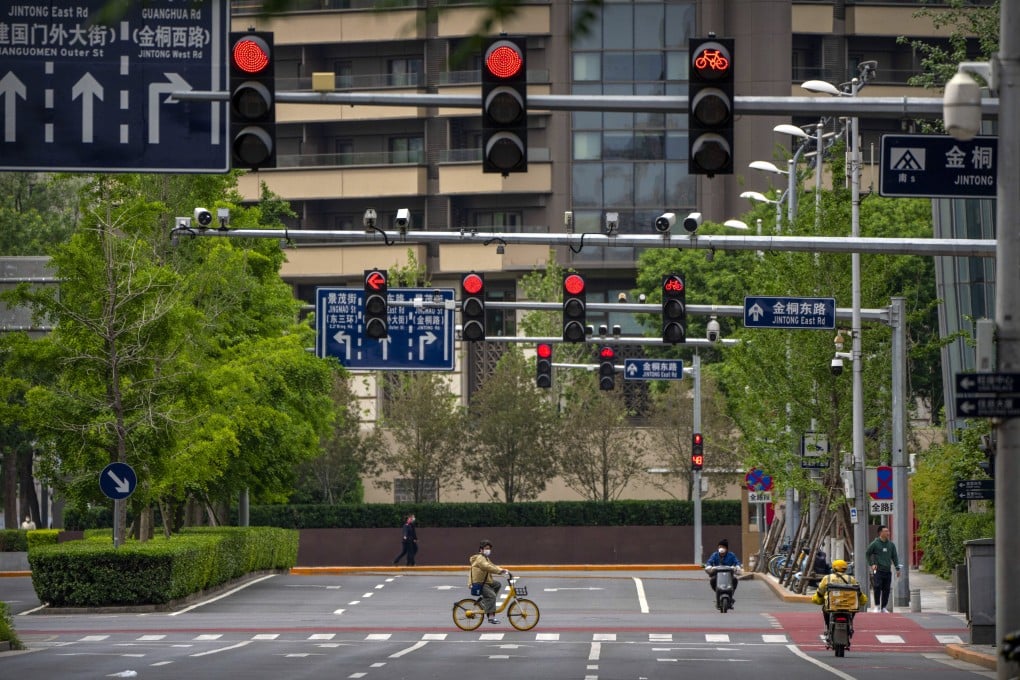Advertisement
With focus on economy, China underlines stabilising force of GDP growth
- Premier Li Keqiang’s instruction to ‘exhaust all measures’ to stabilise economic growth contrasts with previous emphasis on quality over speed
- Analysts warn that slowing growth caused by the pandemic will lead to a rise in a range of social issues
Reading Time:3 minutes
Why you can trust SCMP

Premier Li Keqiang’s warning of a potential contraction in the economy – delivered on Wednesday to more than 100,000 officials across China – underlined the central role of economic growth in maintaining social and political stability.
Li’s instructions to “exhaust all measures” to stabilise the economy was also Beijing’s first admission that China may miss its growth target of “around 5.5 per cent” laid out just three months earlier.
It was a sharp contrast to previous official rhetoric, which has emphasised social equality and the quality of economic growth over speed.
Advertisement
An analysis of China’s state media shows that since at least 2014 President Xi Jinping has repeatedly stressed that GDP is not the country’s “ultimate goal”, describing it as important, but not the sole measure of progress.
Over the years he has emphasised a range of other indicators, including green development, common prosperity and carbon reduction.
Advertisement
Beijing abandoned an overall GDP target for the first time with last year’s 14th five-year plan, giving a commitment instead to merely keeping average annual growth “within an appropriate range” and setting annual targets based on actual conditions.
Advertisement
Select Voice
Select Speed
1.00x